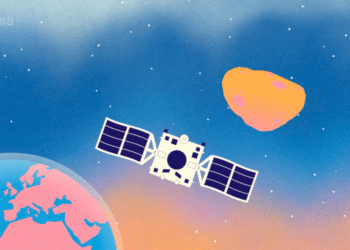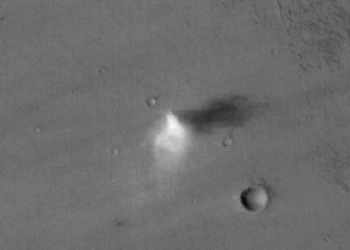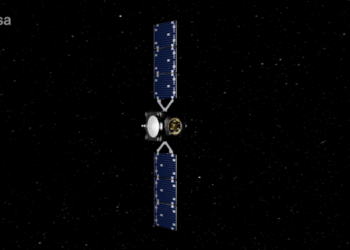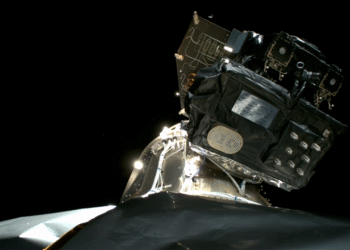The United Kingdom’s involvement in the European Space Agency’s (ESA) Comet Interceptor mission underscores a significant commitment to international space exploration and research. This mission aims to study a pristine comet or another interstellar object that is visiting our solar system for the first time. The importance of this mission lies in its potential to enhance our understanding of the solar system’s origins.
The UK contributes through its world-leading academic and scientific institutions, which provide essential expertise and technology. The Comet Interceptor mission is unique, as it prepares to intercept a comet by launching towards an object yet to be discovered. This proactive approach will allow scientists to study fresh material from the early solar system. The spacecraft will consist of a trio of probes that will take 3D measurements of the comet’s properties.
Evaluation and Future Prospects
The evaluation of the UK’s role in this mission incorporates several aspects, including the technological advancements and scientific insights it offers. Key areas of focus include:
- The development of cutting-edge instrumentation for space exploration.
- Collaboration with international partners to enhance scientific outputs.
- Providing valuable data that may lead to future innovations in astronomy and planetary science.
Looking ahead, the Comet Interceptor mission represents a stepping stone towards the UK’s broader objectives in space exploration. Future prospects involve leveraging the knowledge gained to pursue more ambitious missions, stimulate interest in STEM disciplines among students, and reinforce the UK’s standing as a leader in space science.
For more detailed information, you can read the full article on the UK Government’s official website.






















